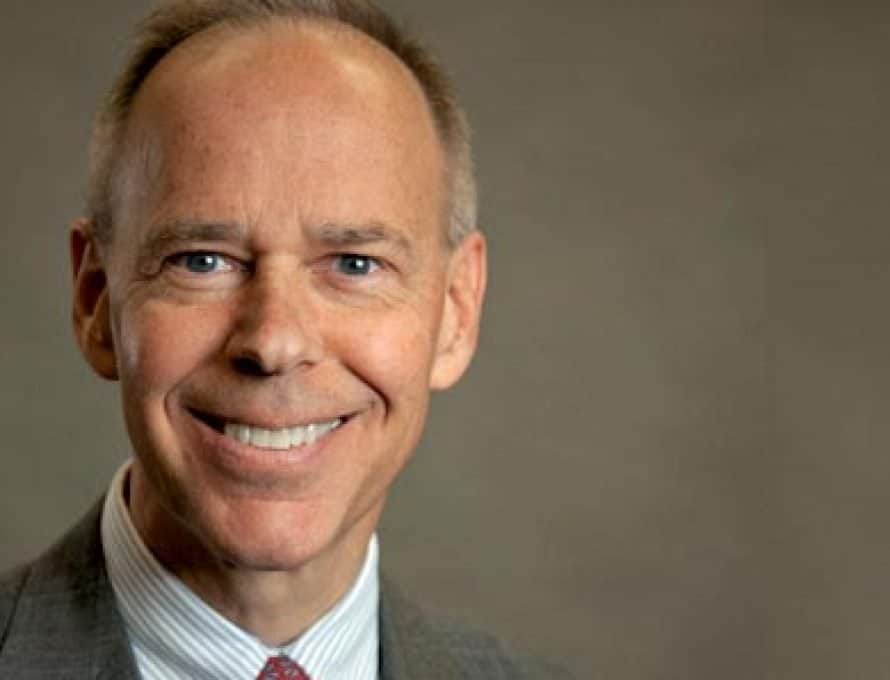This is the 10th in a series of articles on the Trinity, excerpted from What Every Christian Should Know About the Trinity, available by contacting the MBC or through Amazon and other booksellers.
In Scripture, the Hebrew word elohim is used thousands of times for the singular God of Israel, but not exclusively. The biblical writers also employ elohim to refer to members of God’s heavenly council or assembly (Ps. 89:5-7); gods and goddesses of nations surrounding Israel (Judg. 11:24); territorial spirits (Hebrew: shedim, often translated “demons,” Deut. 32:17); and the spirits of deceased people (1 Sam. 28:13).
In other words, biblical writers used elohim to label any entity that is not embodied by nature and is a member of the spiritual realm.
In every case, these other “gods” are created beings, none of whom shares the unique qualities of Yahweh (omnipotence, omniscience, omnipresence, transcendence, immutability, etc.). They owe their existence, power, knowledge, and authority to Yahweh and ultimately are accountable to Him.
So, when Scripture states there is no God but Yahweh, and also speaks of other gods, we should not see this as a contradiction. Rather, we should see it as a way the biblical writers describe residents of the spiritual realm.
One God
We should keep in mind there is only one Yahweh. As the prophet Nehemiah explicitly states, “You, LORD, are the only God” (Neh. 9:6).
This idea carries into the New Testament. 1 Corinthians 8:5-6 is helpful, as the apostle Paul writes, “For even if there are so-called gods, whether in heaven or on earth – as there are many ‘gods’ (theoi) and many ‘lords’ (kurioi) – yet for us there is one God, the Father. All things are from him, and we exist for him. And there is one Lord, Jesus Christ. All things are through him, and we exist through him.”
Paul’s theology is in line with Old Testament writers who affirm multiple elohim but only one Yahweh. Writing to believers in a city infested with false deities, Paul refers to these same “gods” and “lords” in 1 Corinthians 10:19-22, calling them “demons.”
As we saw in previous columns, Judaism and Islam profess belief in one God but depart from Christianity’s view of God as triune. In a similar manner, many counterfeit forms of Christianity also profess belief in one God, but they, too, define Him unbiblically.
Members of the Church of Jesus Christ of Latter-day Saints concern themselves primarily with Elohim, or Heavenly Father, who once was a man and progressed to divine status. Latter-day Saints also profess belief in the Trinity, which founder Joseph Smith defined as three separate gods. Heavenly Father and Jesus have physical bodies of flesh and bone, while the Holy Ghost is a non-physical god who inhabits the spirit realm.
But it doesn’t stop there. Latter-day Saints pursue personal “exaltation,” or godhood, following the example of Heavenly Father. In effect, Latter-day Saints are henotheists. That is, they acknowledge many gods but focus their worship on one particular god.
Jehovah’s Witnesses are staunch defenders of monotheism, but they perpetuate the Arian heresy of the fourth century, viewing Jesus as a lesser, created divine being. More to the point, they believe Jehovah stands alone as God; that Jesus is the first being Jehovah created (as Michael the archangel); and that “holy spirit” is an impersonal force Jehovah uses to accomplish His will on earth.
Jehovah’s Witnesses are so hostile to the doctrine of the Trinity that their leaders in the Watch Tower Bible and Tract Society once wrote, “The clergy’s God is plainly not Jehovah but the ancient deity, hoary with the iniquity of the ages – Baal, the Devil Himself.”
Oneness Pentecostals profess belief in one God as well. However, they believe God is a single person, manifesting Himself successively as Father, Son, and Holy Spirit. This view mirrors the ancient heresy of Monarchianism.
All of the above-mentioned belief systems profess monotheism. Yet none of them projects a biblically faithful doctrine of the oneness of God, which is essential to a proper understanding of the persons of the Trinity.

